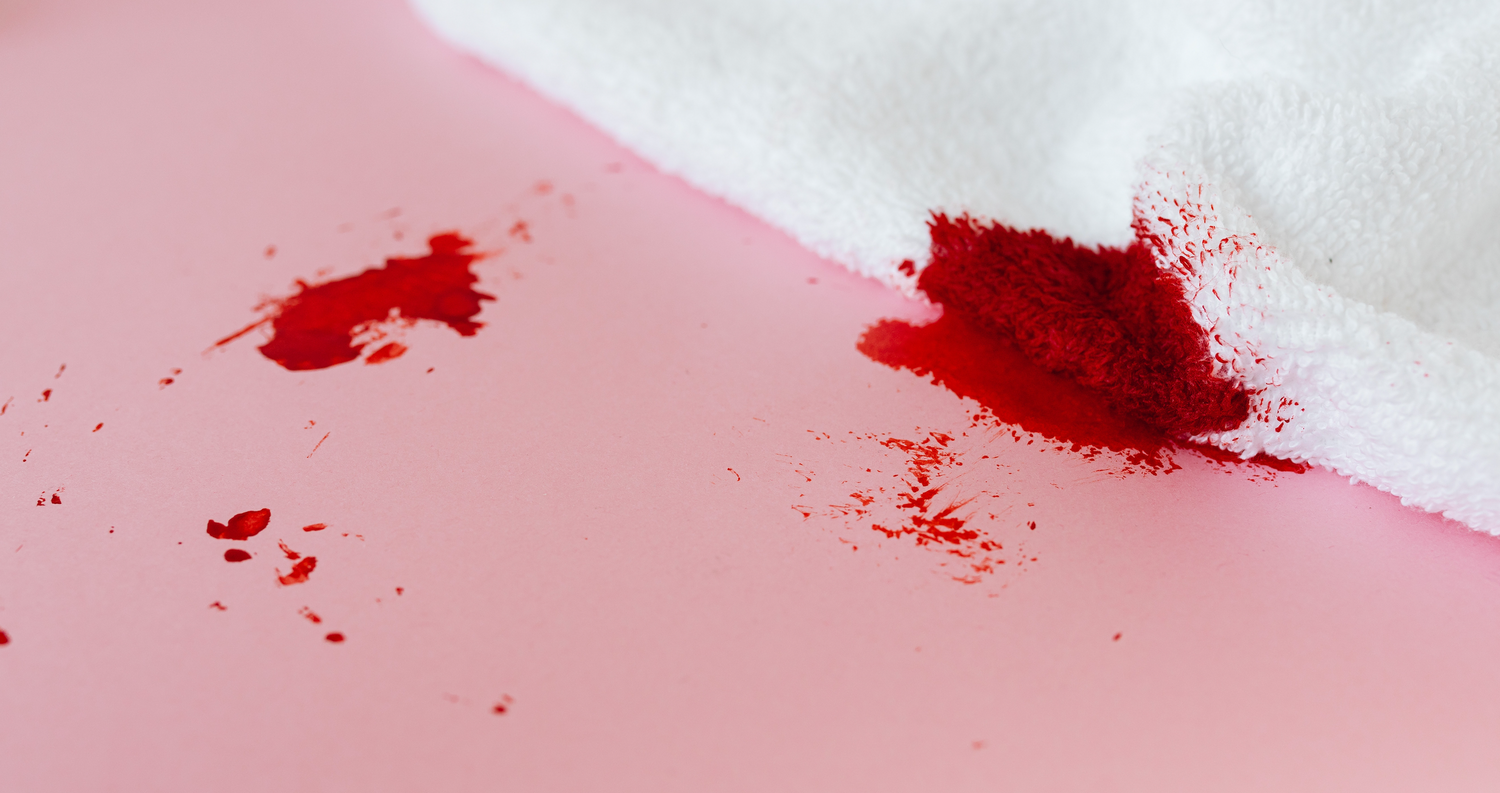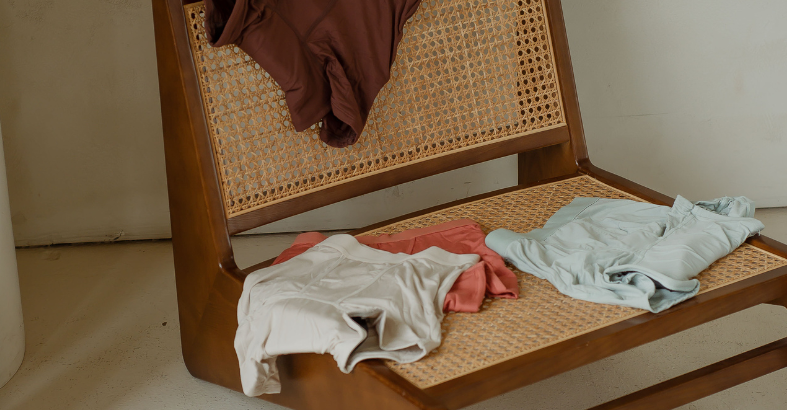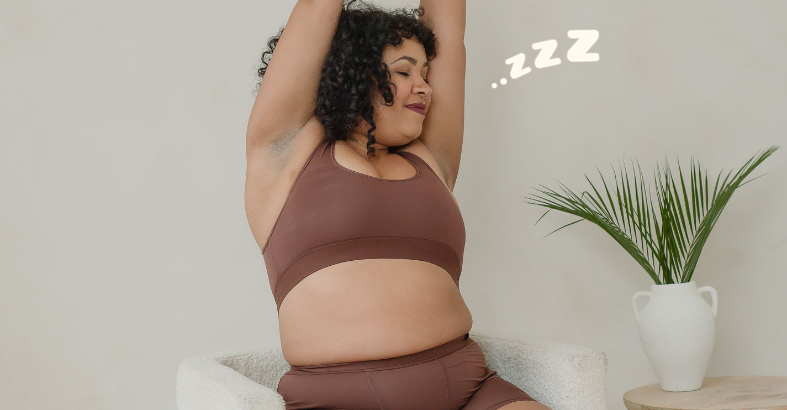What the heck is menorrhagia? Simply put, it's when you experience abnormally heavy bleeding during your period. And we're not talking about a little extra blood - we're talking about soaking through a tampon or pad every hour or so, passing large clots, and feeling like you can't leave the house without a change of clothes. Yikes!
Surprisingly, menorrhagia is actually pretty common. 1-in-5 women and people with periods will experience it at some point in their lives, and it can be seriously disruptive to their day-to-day life.
The American College of Obstetricians and Gynaecologists (ACOG), suggest that a typical menstrual cycle lasts 28 days give or take a couple days, with the actually period lasting anywhere from 3 to 7 days. During that time, you should be losing anywhere from one to six tablespoons of blood per cycle. Anything more is considered "heavy bleeding" or menorrhagia.
So, what causes menorrhagia? There really are a few different contributing factors. For starters, hormonal imbalances can throw off your body's natural menstrual cycle and cause heavy bleeding. Other possible causes include fibroids (noncancerous growths in the uterus), polyps (small growths on the lining of the uterus), endometriosis (endometrium {the lining of the uterus} outside the uterus) and certain medications (like blood thinners).
There are also some lifestyle changes you can make to help manage your menorrhagia. For example, regular exercise (walks, hikes, dancing, gym, even sex!) can help regulate your hormones and promote healthy blood flow. A balanced diet that's chock-full of iron is the way to go! Anemia, which can cause you to be super tired, is a common side effect of heavy bleeding.
If you're experiencing heavy bleeding during your period, have a chat with your healthcare provider. They can help figure out the cause of your menorrhagia and come up with a treatment plan that works for you.
But here's the thing - although heavy periods are totally normal, you've got to remember that you're not alone. There are so many resources out there to help you manage your heavy bleeding and take control of your menstrual health.
So, what can you do to manage your period? Here are a few tips:
-
Invest in some high-quality & safe menstrual products. Whether you prefer pads, tampons, or menstrual cups, or period underwear, make sure you're using products that are comfortable and reliable, and safe(pfas free)!
-
Take care of your mental health. Breathing exercises for PMS, light exercise, getting creative, reaching out to someone do whatever you need to do to prioritize your mental health.
-
Educate yourself. By expanding your knowledge on your menstrual cycle and menorrhagia, you'll be able to handle your symptoms much better. Talk to your healthcare provider & read up on reputable sources (like Health Canada, the mayo clinic, & the CDC), and feel empowered to ask questions.
At the end of the day, menorrhagia is a pain in the uterus (sorry, had to). But with the right treatment plan and some self-care, you can manage your symptoms and take control of your menstrual health. While it's true that some women and people with periods naturally have a heavier flow than others, anything that significantly impacts your daily life is not normal. So speak up and seek help if you're experiencing heavy bleeding. Trust us, your uterus will thank you.





